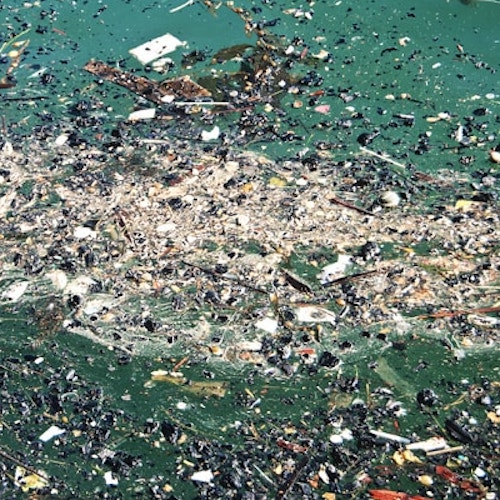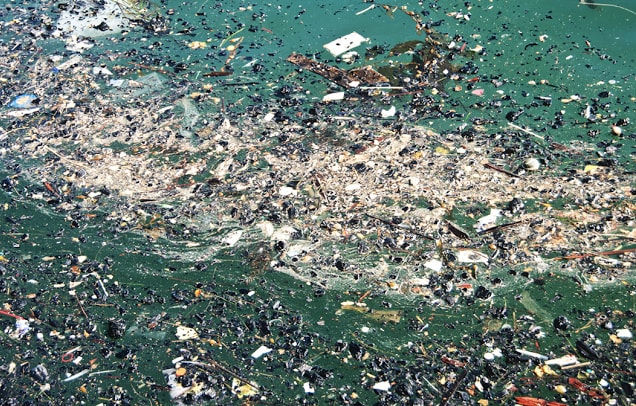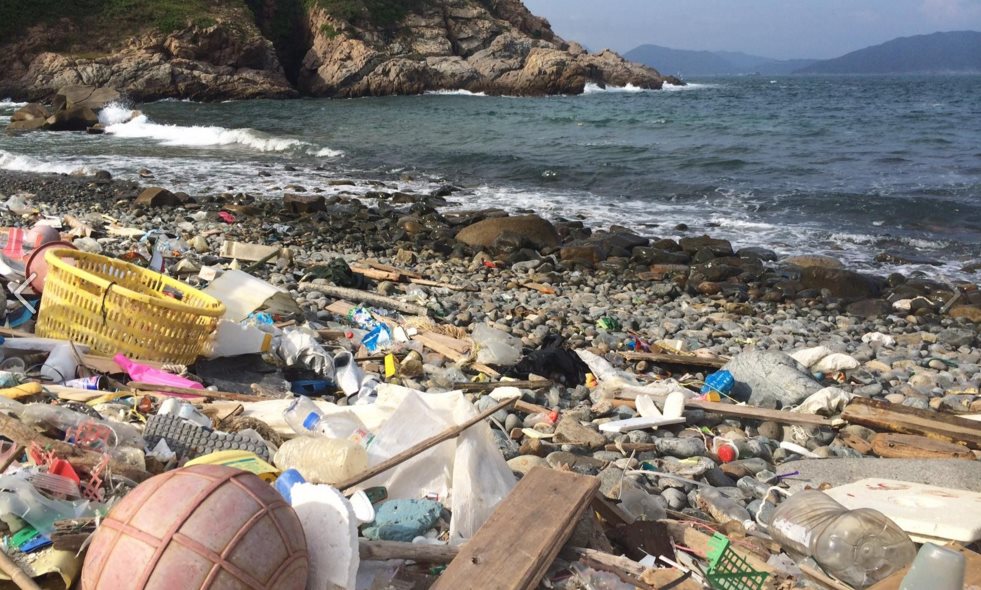Decades after the first warnings, the world seems to have woken up to an insidious modern plague: plastics. The United Nations estimates there will be more plastic waste than fish in the ocean by 2050. It has gotten to the point where geologists have found rocks made from plastic waste on the shores of Hawaii: a new class of rock since classified as “plastiglomerates.”
But plastics are not just a problem in the oceans: they fill up landfills, clog drainage systems and litter the countryside. When burned, they release toxic and carcinogenic pollutants. While some plastics do serve a good purpose, the truth is we could easily do away with most of them.
This seems to have clicked in the minds of some government leaders. Beijing decided to halt imports of plastic waste in January, which had a knock-on effect on the rest of the world, since China has been a major outlet for recycling trash. Since then, both the European Union and the United Kingdom have announced their own controls on plastics and plastic waste. Kenya went even further by instating a full ban on the use of plastic bags, punishable by up to four years in jail or a $40,000 fine. These are measures other developing nations, often deemed “waste dumps” by the rich world, should consider.
In the wake of these announcements, Western multinational companies scrambled to make promises at the recent World Economic Forum in Davos. At the summit, companies like Evian, Mars, PepsiCo, Unilever, Coca-Cola and Walmart pledged to reduce their use of plastic.
Conspicuously absent from the list of companies making a pledge were major American technology companies, such as Amazon and Apple. One wonders how long Amazon’s “innovative” model would survive if it was asked to compute and include in its prices all the waste created through its wasteful business model of including individual plastic wrapping for each item and a cardboard box for each order. And it’s not just packaging and plastic waste: the focus on free two-day shipping and returns — how e-commerce companies like Amazon attract consumers — means these companies are no longer optimizing their distribution, erasing whatever efficiency gains they can claim to have. (Disclosure: Amazon CEO Jeff Bezos owns The Washington Post.)



























